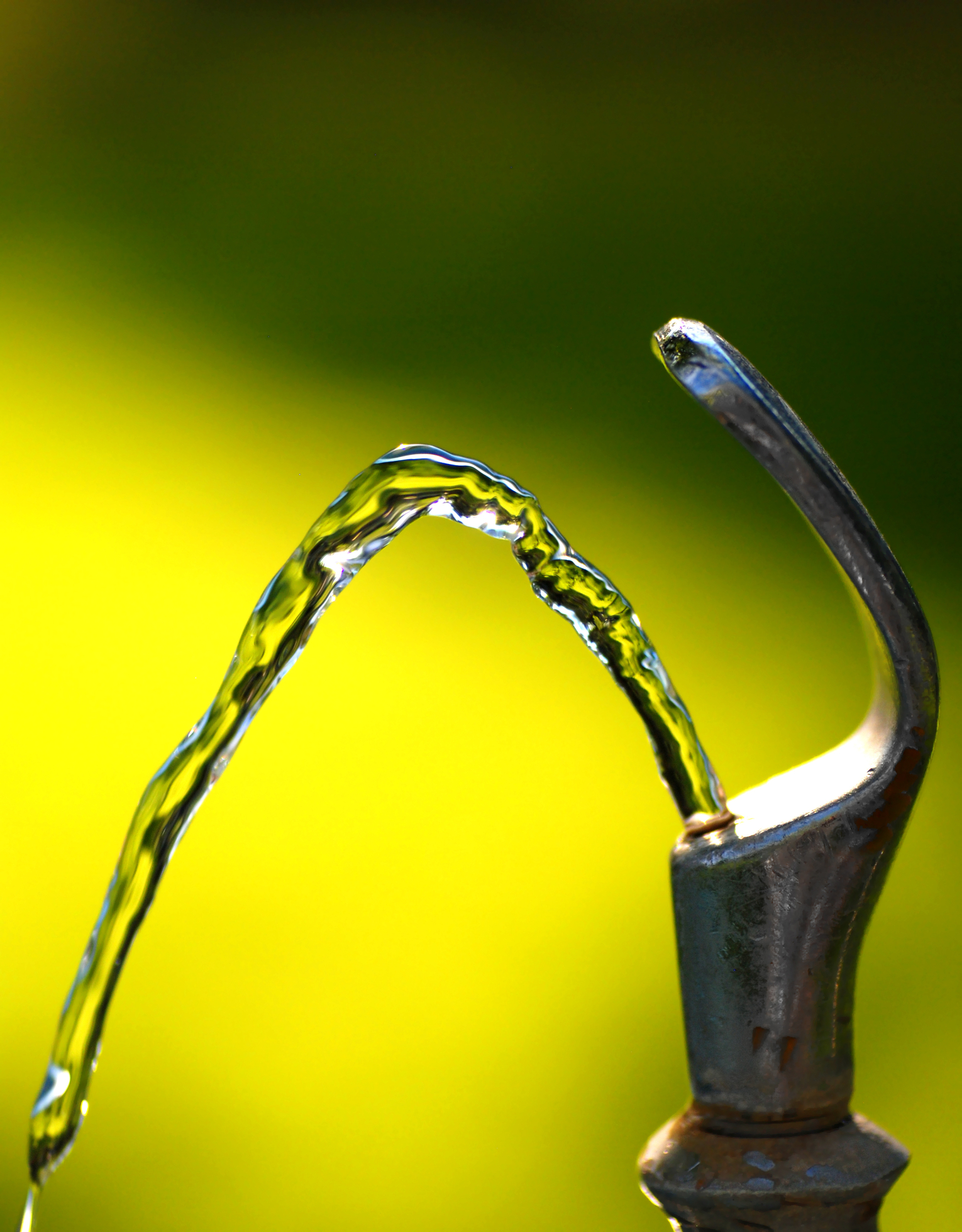I was asked to testify this week on behalf of United Water in a Senate hearing on the West Virginia Chemical Spill and offer thoughts regarding what, if anything, we can do as a nation to ensure greater protection of our drinking water supplies. I link here to my written testimony. The spill of 10,000 gallons of MCHM and subsequent impact to the drinking water of over 300,000 residents has dominated the headlines as of recent. In my testimony, I stressed three points.
First, and foremost, this is about keeping harmful chemicals out of our waters. The facility at the heart of this spill and its storage facilities simply did not fall under the regulatory purview of federal law that could have prevented this spill from occurring. Regardless of one’s political ideology or views on new laws and regulations, this is something with which we should all be able to agree. As the old adage goes, an ounce of prevention is worth a pound of cure. A regulatory regime that involves, at a minimum, routine inspections and adequate spill containment structures, similar to the Clean Water Act SPCC program, but particularly bulk chemicals stored next to waterways and in close proximity to a drinking water source, strikes me as a targeted, common-sense thing to consider. Yesterday’s hearing would not have been necessary had effective storage and spill containment been provided.
Second, public water providers need immediate notification if a spill threatens its source of drinking water. With thousands of chemicals currently in commerce, it may be impossible for a water system to detect a contaminant until after it is too late and already in the distribution system, as was the case in West Virginia. As the news accounts report, it wasn’t until people turned on their taps, that some began to notice a “licorice-like” smell. Although several federal laws, e.g., the Clean Water Act, the Emergency Planning and Community Right-to-Know Act and Comprehensive Environmental Response, Compensation, and Liability Act, require a facility that has experienced a release in excess of establish “reportable quantitites” to notify the National Response Center and local emergency responders, there is no requirement to notify a downstream water supplier whose water intake is about to affected by a slug of chemicals. Requiring emergency release notification to be provided to water providers seems to me to be abundantly reasonable.
My third and last point was related to the sharing and provision of chemical storage data located upstream from drinking water supplies. This will be helpful in some cases, but as I cautioned the committee, simply dumping reams of data and information on a water provider regarding chemical storage in a watershed won’t necessarily make the public safer.
I was pleased to witness the level of agreement between Senators Vitter, Boozman, Cardin, Udall, Rockeffer, Manchin, Carper and Boxer and Representatives Rahall and Capito on the need to act. The horrible situation that has afflicted so many families in West Virginia offers one of those rare moments that strips away the bitter partisanship of Washington DC and galvanizes our nation’s leaders, regardless of politics, to do the right thing.

